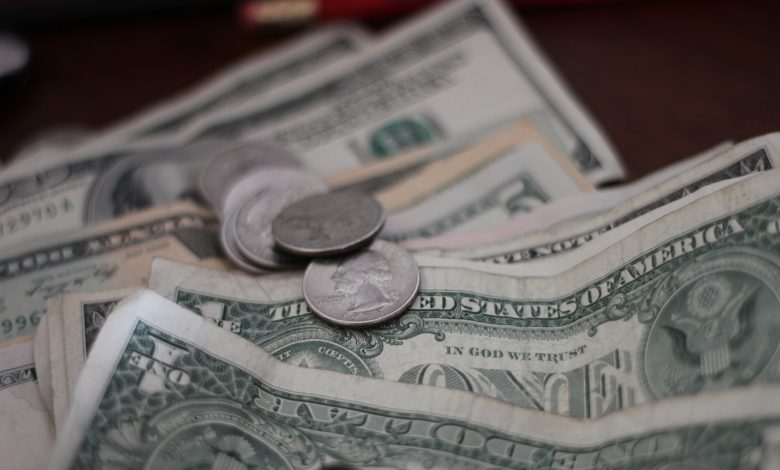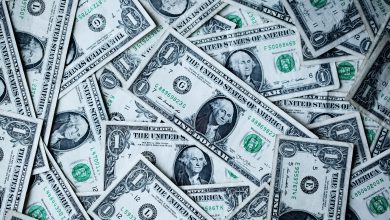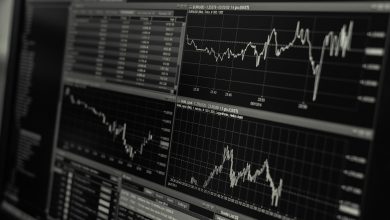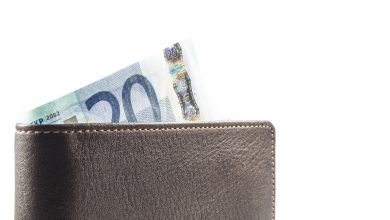Should I Pay Off Debt or Invest Extra Cash?

Debt is something that hangs over most Americans, and the thought of being free from that weight can quickly put a smile on your face. But even if you have enough money to pay off some of your debt, there may be a better use for your money. When asking yourself if you should pay off debt or invest extra cash, the answer isn’t always straightforward. It will depend on the type of debt you have and what your long-term financial goals are.
Start with the Highest Interest Rates
It may seem to go without saying, but you should always start by paying down the debt that has the highest interest rate. Credit cards average around 16% interest, and no investment is going to outgain that high of a rate. Start with credit cards, and then pay off any other debt you may have with double-digit interest rates.
Calculate the Opportunity Cost of Your Money
For many, the thought of being free from debt fuels them to pay down the debt as quickly as possible. But before you rush into paying off all of your debt, consider the opportunity cost of your money.
For example, let’s say that you have a 30-year fixed-rate mortgage with an interest rate of 4%. If after your expenses, minimum debt payments, and contribution to savings, leaving you with $500 that month, you may think that a good use of that money would be to pay down an additional $500 on your mortgage principal.
Paying down your principal early will not lower your monthly payments. But the logic behind lowering your principal is lessening the amount of time until you own your house outright, which reduces the amount of interest you’ll end up paying.
But if an extra $500 a month only brings your 30-year mortgage down to a 20-year mortgage and you only plan to be in the house for ten years, then you’re just tying up that money for no reason.
Even if you’re on year 25 of a 30-year mortgage, it still may not make sense to make extra payments on your principal if your rate is low enough.

Consider the example above with a 4% interest rate. By paying down your mortgage early, you’ll be avoiding that 4% interest rate sooner, but if you can invest that money and receive higher than 4% in return, your money is better off being invested if you have long-term goals.
The S&P 500 has an average annual rate of return around 10%. Now, that does not mean that if you invest in the S&P index fund that you can expect a 10% return any particular year because the stock market is always fluctuating. But if you have a long-term view and plan to hold your assets for multiple years before retirement, you can expect close to a 10% return on your money.
So instead of saving yourself 4%, you’re gaining a net 6% on your money by forgoing paying down your principal, and instead investing that money in an index fund like the S&P 500. Typically, the stock market as a whole delivers returns around 6%, so even if you’re investing in something other than the S&P 500, your money is likely better off being invested.
If your mortgage rate is anything higher than rates currently being offered, then you should first refinance your mortgage before you do anything else. Refinancing may involve some additional fees, but if you can bring your rate down a considerable amount, those fees will get paid for quickly in cost savings.
Refinancing is also especially helpful if you have a mortgage with a variable rate. There is never a perfect time to refinance, and rates fluctuate daily and differ from bank to bank. But if you’ve done your research and are reasonably confident that you won’t see rates this low in the foreseeable future, it can make sense to refinance and lock in a lower rate rather than have to worry about fluctuations.

Make Sure to Have an Emergency Fund
Of course, any opportunity cost of your money is calculated after you’ve paid down the minimum balance of your debt for that month. No matter how good you think the potential investment use of your money can be, it’s only valuable if you’re using disposable income. Not paying your credit card on time will result in interest rates much higher than you’d be able to obtain in any market.
Creating an emergency fund is also something that should not be put off in favor of paying down debt. Having a nest egg ready to go is one of the best ways to ensure that you don’t fall into the downward spiral of debt. And once you start missing payments, your credit will suffer, which pushes you even further down the debt well and makes it harder to crawl out.
With an emergency fund, when life’s unexpected expenses hit you, you’ll be ready for them by tapping into your savings. Rather than forcing yourself to be late with a payment or not pay enough of your balance to avoid an interest charge, you can capably take on any of life’s expenses that come out of nowhere.

Historically Low Interest Rates
It may seem counterintuitive to forgo paying off your mortgage and owning your house outright. But this financial strategy was not available even 15 years ago.
If you go back to 2007, mortgage rates touched as high as 6.7%. At a rate that high, it might make sense to pay down your debt early. During the 1990s, interest rates stayed in a range between 7% and 9%. In the early 80s, interest rates were as high as 13% and were commonly above 10%.
With that kind of a downward trend line, should we expect rates to continue to go down? No one knows the answer to that question, but the fluctuating nature of the cost to borrow money makes it essential to be aware of where rates are heading.
Should you pay off debt or invest extra cash? It all depends on the rate of the interest you owe, compared to the rate of return you can reasonably expect from an investment.



